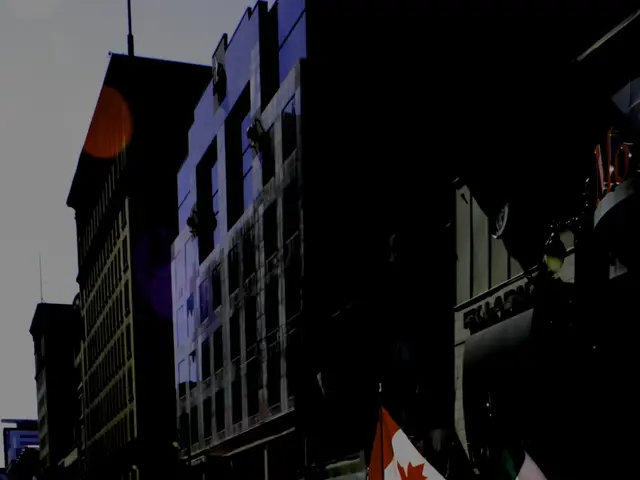Gathering of leaders from the Shanghai Cooperation Organization (SCO), including Xi Jinping, Vladimir Putin, and Narendra Modi, at the summit held in Tianjin.
The Tianjin summit, considered the most significant gathering of the Shanghai Cooperation Organisation (SCO) since its inception, is underway amidst a series of international crises affecting its member nations.
The SCO, which represents nearly half of the world's population and 23.5% of the planet's GDP, was established with the primary objective of addressing regional security challenges, including terrorism, ethnic separatism, and religious extremism, as stated by the United Nations.
India and China, major players at the summit, have been improving their relations before Narendra Modi's first official visit to China since 2018. Despite past border conflicts, both countries have been focusing on partnership and economic ties, with China remaining India's largest trading partner. This closer cooperation is evident at the 2025 Shanghai Cooperation Organisation summit.
However, the US-China trade tensions and tariffs have indirectly influenced India-China dynamics. India's economic integration with global finance and dependence on the US limit its ability to counteract US tariffs fully, making New Delhi likely to seek compromises rather than a fundamental economic shift away from neoliberalism.
The integration of India and Pakistan into the SCO in 2017 has shifted the organization's focus from mainly security-based objectives to economic development priorities. Yet, the relationship between India and Pakistan, who have been disputing the sovereignty of Kashmir since their independence in 1947, remains a major issue at the Tianjin summit.
India rejected a first draft of the Tianjin declaration that did not condemn attacks in Kashmir, and it is not clear if Modi will eventually sign the text. The tensions between China and India, who faced off militarily on their border in 2020 and are engaged in intense regional competition, are also a focus of Prime Minister Modi's visit to China.
The SCO operates by consensus, and deep disagreements between countries like India and Pakistan, or China and India, can limit the ambitions of the meeting. The war in Ukraine is another critical issue, with discussions expected between Vladimir Putin, Chinese President Xi Jinping, Turkish President Recep Tayyip Erdogan, and Indian Prime Minister Narendra Modi.
The SCO, consisting of ten member states including Belarus, India, Iran, Kazakhstan, China, Kyrgyzstan, Pakistan, Russia, Tajikistan, and Uzbekistan, has proven that rivalries between regional actors can be overcome, as shown by the successful housing of India and Pakistan together since 2017. The organisation also includes 16 observer or partner countries, such as Afghanistan, Mongolia, Egypt, Nepal, Qatar, the United Arab Emirates, Saudi Arabia, and Turkey.
North Korean leader Kim Jong Un will attend a military parade during the summit, making him one of Russia's main allies in its war against Ukraine. The Iranian nuclear dossier will be a key topic in discussions between Vladimir Putin and Massoud Pezeshkian at the Tianjin summit.
Ukrainian President Volodymyr Zelensky hopes that the idea of a ceasefire, which he believes is supported by Indian Prime Minister Narendra Modi, will be discussed at the summit. The relationship between China and Russia is characterized by contradictions, with Russia being uncomfortable about its increasing dependence on China for supplies, while China benefits but is cautious about openly supporting Moscow to avoid Western sanctions.
China has been accused by many of Kiev's allies of supporting Moscow in the same conflict, but China invokes neutrality and accuses the West of prolonging hostilities by arming Ukraine. The SCO, established on June 15, 2001, continues to play a significant role in regional politics and economic development, despite the challenges it faces.
Read also:
- Impact of Alcohol on the Human Body: Nine Aspects of Health Alteration Due to Alcohol Consumption
- Understanding the Concept of Obesity
- Lu Shiow-yen's Challenging Position as Chair of the Chinese Nationalist Party (KMT) Under Scrutiny in Donovan's Analysis
- Tough choices on August 13, 2025 for those born under Aquarius? Consider the advantages and disadvantages to gain guidance








